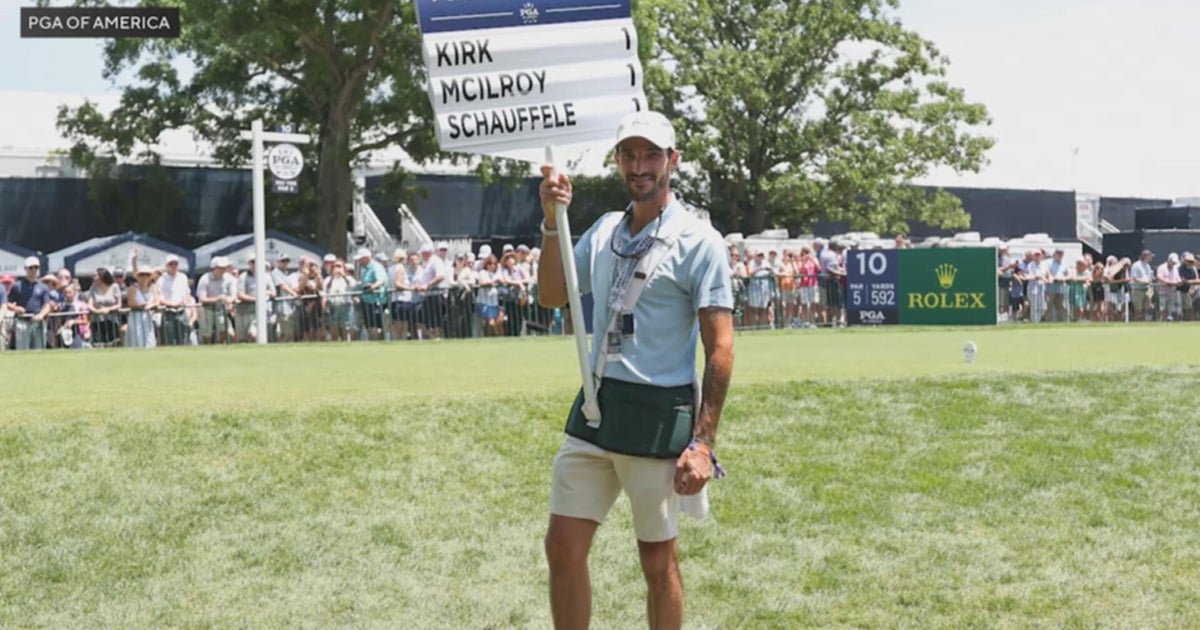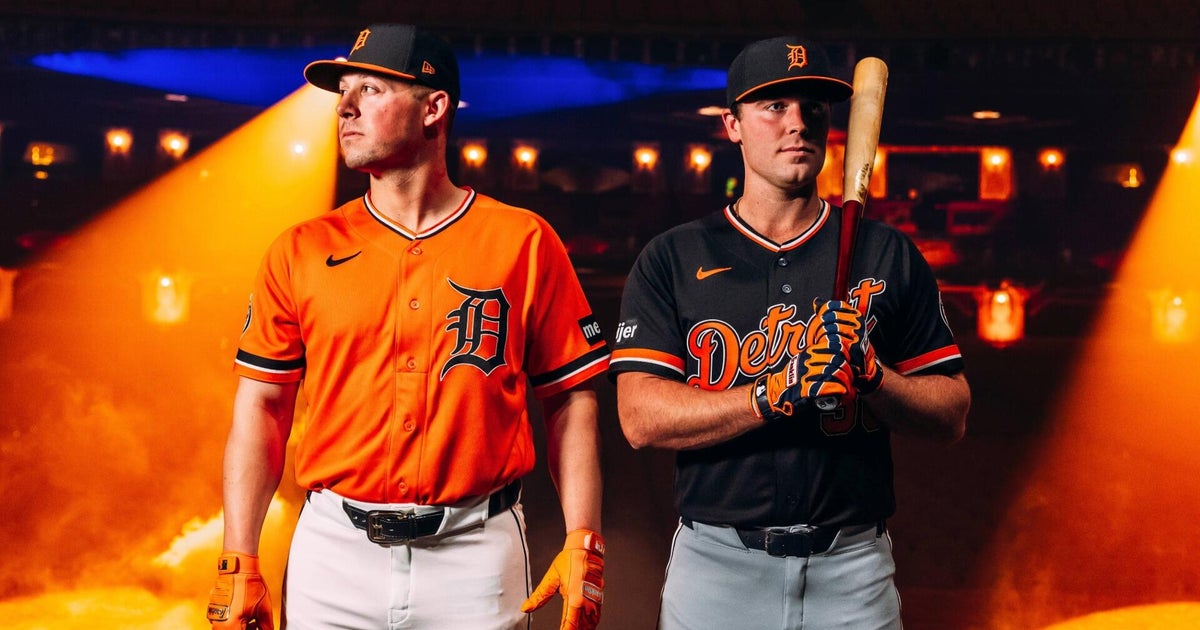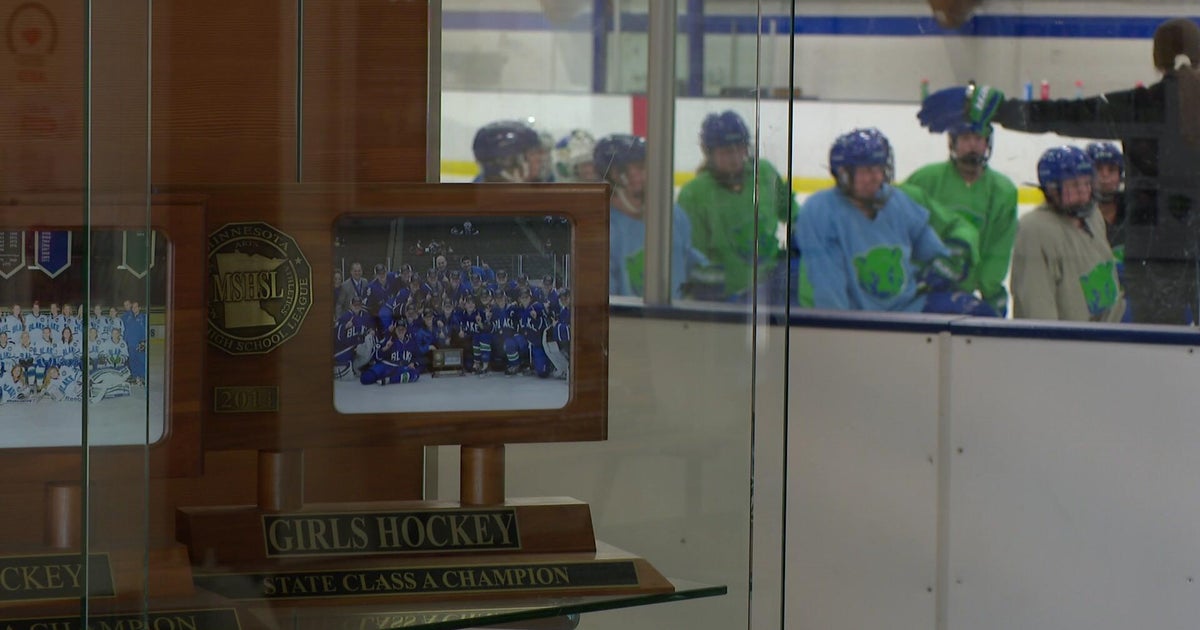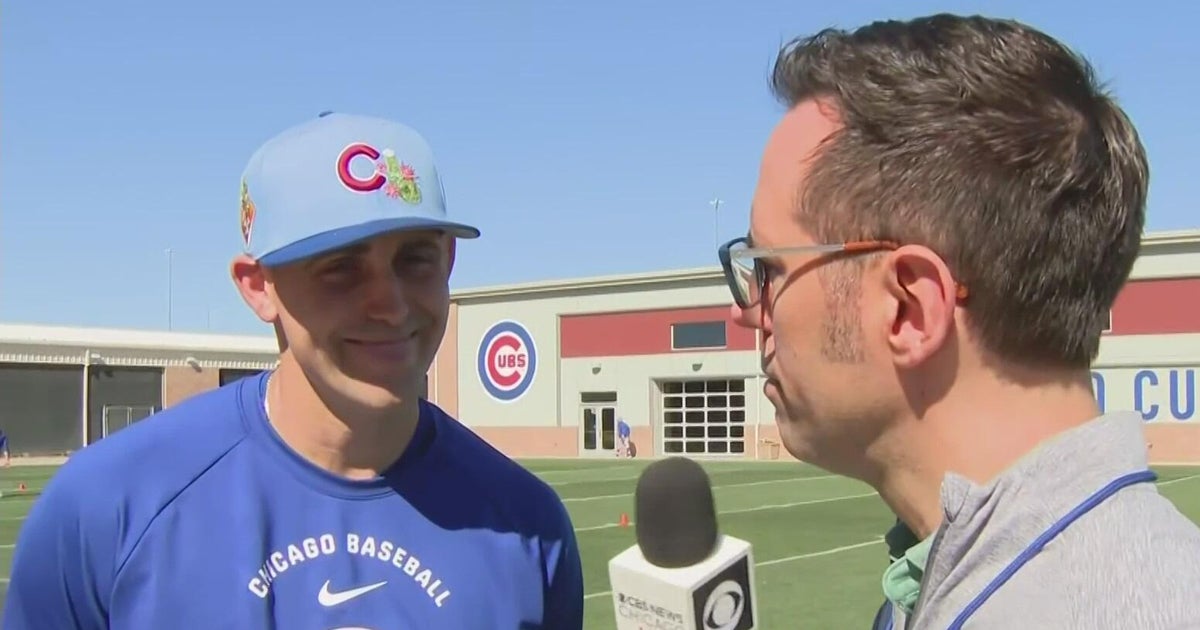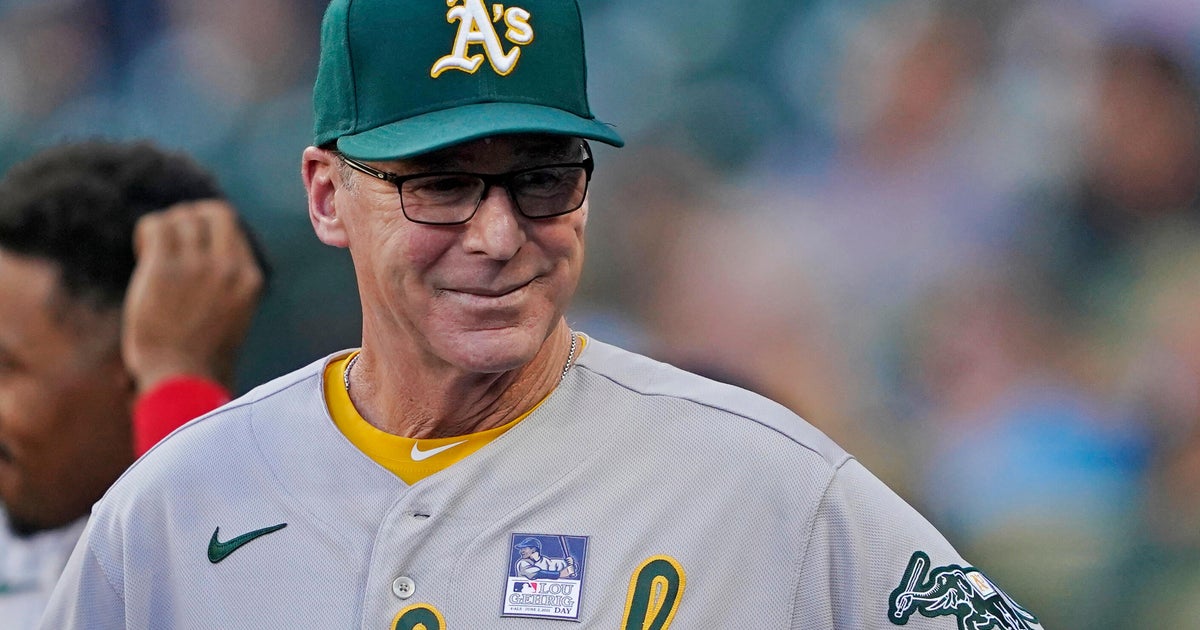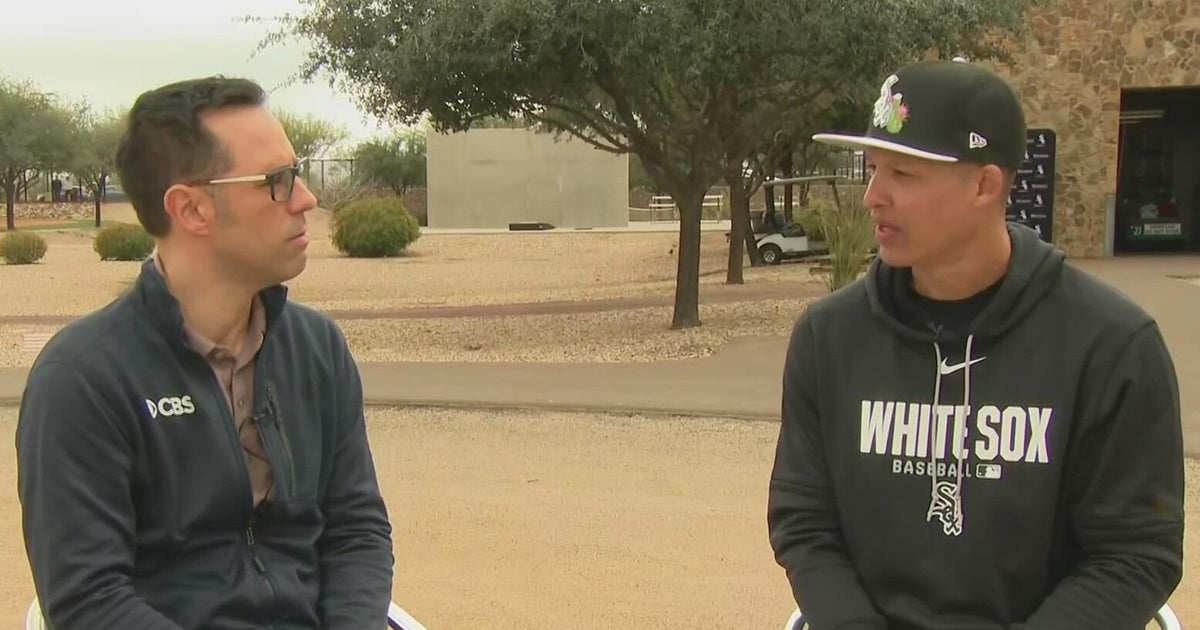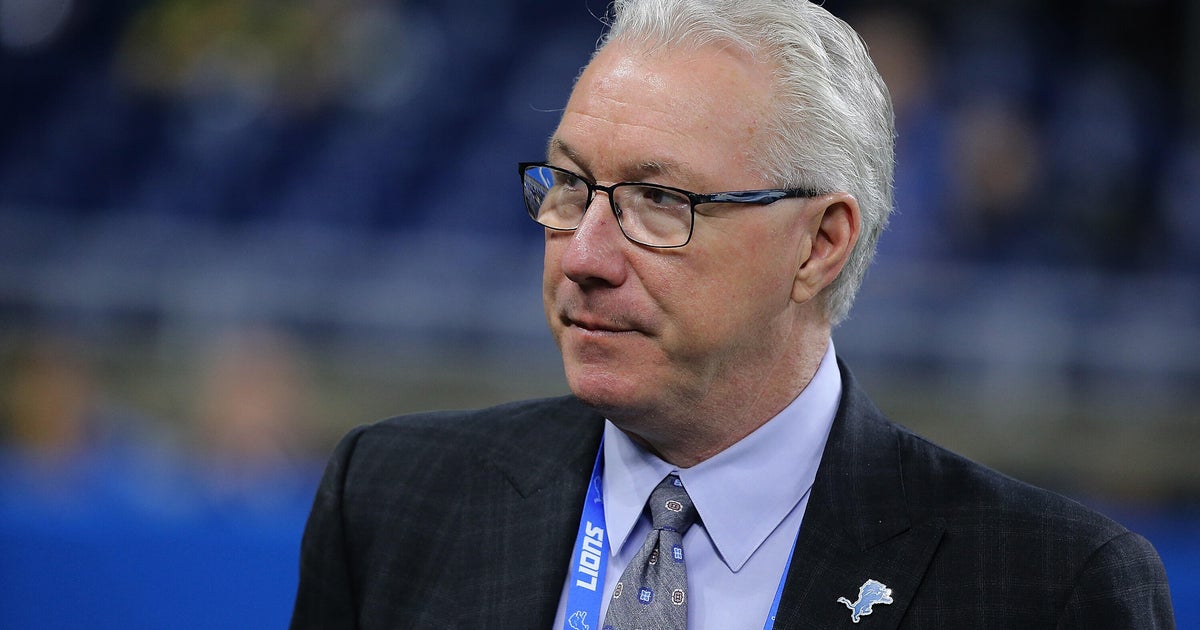5 Greatest PGA Championships
KIAWAH ISLAND, S.C. (AP) — Being the last of the four majors does not mean the PGA Championship lacks excitement.
Think back to a year ago, when Keegan Bradley was five shots behind when he walked off the 15th green at Atlanta Athletic Club and wound up the winner. Tiger Woods went 21 holes with Bob May at Valhalla in what felt like match play for the entire round. And the PGA Championship had its share of match-play moments, considering that was the format until television dictated a change to stroke play in 1959.
In the last 20 years, the PGA Championship has delivered surprises like Bradley, Rich Beem and Shaun Micheel, along with stars like Woods, Phil Mickelson and Vijay Singh.
With a history that dates to 1916 — the PGA Championship was played one year before World War I intervened — here are the best five:
___
FOUR IN A ROW FOR THE HAIG
Walter Hagen's 1-up victory over Joe Turnesa in 1927 PGA Championship at Cedar Crest in Dallas made him the only player to win the same major four straight years. Young Tom Morris won the British Open four straight times in five years. There was no championship in 1871.
This was Hagen at the peak of his game, particularly when it came to match play.
He was on the verge of being eliminated in the semifinals when Al Espinosa was 1 up on the 36th hole. Hagen sailed the green and chipped to a foot for a conceded par. Espinosa rolled his 25-foot birdie putt to within 3 feet of the cup. Hagen had conceded every putt from that distance during the match, but as Turnesa looked to him for a concession, Hagen turned to the gallery. Espinosa missed the putt, and three-putted the first extra hole to lose.
In the championship match, Hagen stopped conceding short putts on the back nine, and Turnesa missed short putts on the last six holes. That included the 36th hole when he had a chance to extend the match, only to see his putt hang on the lip of the cup.
Also notable about this PGA — Hagen needed a cap to keep the sun out of his eyes, so he borrowed one from a 15-year-old in the gallery named Byron Nelson.
___
JACK SETS THE MARK
The 1973 PGA Championship at Canterbury was like so many other majors that Jack Nicklaus won. With a 68 in the third round, Nicklaus took a one-shot lead over Mason Rudolph and Don Iverson, and then wore them down in the final round with a 69 for a four-shot victory.
There was not much drama, only history. This is the major where Nicklaus set the standard in the biggest events.
Bobby Jones held the record of 13 majors — four U.S. Opens, five U.S. Amateurs, three British Opens and one British Amateur. Nicklaus wasn't even aware of the record until he won the 1970 British Open and a reporter mentioned he was at 10 majors. Two years later, he reached 13 majors with his U.S. Open victory at Pebble Beach.
The record was broken at Canterbury, no matter which way it is counted.
It was the 14th major of his career, including two U.S. Amateur titles. And it was the 12th professional major, one more than Walter Hagen.
___
VALIDATION FOR THE SQUIRE
Gene Sarazen was the defending champion in the 1923 PGA Championship. A year earlier, he had become the youngest winner of the PGA at age 20, though in today's terminology, that would have carried an asterisk — Walter Hagen didn't play because he had prior engagements.
In 1923 at Pelham Golf Club, Hagen crushed everyone in his path — he won his opening match 10 and 9, and beat George McLean in the semifinals, 12 and 11 — to set up a championship match against Sarazen that lived up to its hype.
The match was all square after the morning session, and Sarazen was 2 up late in the match until Hagen won the 34th and 35th holes to square the match again. On the second extra hole, Sarazen hooked a tee shot that was a few feet from going out-of-bounds. Sarazen — whose birth name was Eugenio Saraceni — later said Hagen complained there was spaghetti sauce on the ball. "He said the greenskeeper lived there and was eating spaghetti and threw the ball back out," Sarazen said with a chuckle in a 1999 interview.
From deep rough, Sarazen slashed it onto the green to 2 feet away. Hagen was in a bunker and nearly holed it. That left Sarazen a short putt, which he made to win in 38 holes for his second straight PGA title. A year later, Hagen began his run of four in a row.
___
WILD THING
Nick Price had to withdraw from the 1991 PGA Championship at Crooked Stick because his wife was expecting their first child. He was replaced in the field by the ninth alternate, a 25-year-old rookie from Arkansas named John Daly.
The next four days became an introduction like no other in the majors.
Daly took the club almost far enough back to touch his toes, and then uncoiled a swing that produced prodigious power. He opened with a 69, and then really caught everyone's attention with a 67 in the second round to take the lead. He never hit more than 7-iron into any of the par 4s. And the magical ride kept right on going. Another 69 in the third round kept him atop the leaderboard, and Daly was never seriously challenged.
He used Price's caddie for the week, Jeff "Squeaky" Medlin, whose voice became part of the legend. As Daly stood over tee shots, Medlin could be heard saying, "Kill it." And that's what he did. Daly closed with a 71 for a three-shot win over Bruce Lietzke, the start of an up-and-down career marked by suspensions, divorces, gambling debts, and eventually another major championship at St. Andrews.
___
TIGER'S BIGGEST CHALLENGE
Tiger Woods was coming off a record 15-shot win at Pebble Beach in the U.S. Open, and an eight-shot win at St. Andrews in the British Open to complete the Grand Slam. Next up was the PGA Championship at Valhalla, where Woods had a chance to join Ben Hogan as the only players to win three straight professional majors in one calendar year.
This was tougher than anyone imagined.
Woods played the first two rounds with Jack Nicklaus, who came away saying, "I think he's a better player than I was." Woods had a one-shot lead over Bob May going into the final round, but May had a one-shot lead with four holes to play. On the 15th, May had a 4-foot birdie putt and Woods faced 12 feet for par. Woods made, May missed, and Woods caught him two holes later with a birdie. On the par-5 18th, May holed an 18-foot birdie from the fringe. Woods had to make a 6-foot par to force a playoff.
In the three-hole playoff, Woods birdied the 16th hole and saved par from the front bunker on the 18th for a one-shot playoff win.
Just over seven months later, Woods won the Masters to become the first player to hold the four professional majors at the same time. The PGA Championship was the only one of those that made him sweat to the end.
